What treasures here do Mammon's sons behold! Yet know that all that which glitters is not gold

What treasures here do Mammon's sons behold! Yet know that all that which glitters is not gold
Francis Quarles was a 17th-century English poet known for his religious and moralistic works. In his poem "Emblems," Quarles explores the theme of material wealth and the dangers of greed. The line "What treasures here do Mammon's sons behold! Yet know that all that which glitters is not gold" encapsulates Quarles' warning against the pursuit of worldly riches.In Quarles' time, the pursuit of wealth was often equated with the worship of Mammon, the biblical demon of greed. Mammon's sons were those who sought after material possessions above all else, believing that wealth and power were the ultimate goals in life. Quarles, however, warns that the treasures that Mammon's sons behold are not as valuable as they may seem. While gold may glitter and shine, it is not the true measure of a person's worth or happiness.
Quarles believed that true wealth lay in spiritual riches, such as faith, love, and virtue. He saw the pursuit of material possessions as a distraction from the pursuit of a meaningful and fulfilling life. In his poem "Emblems," Quarles uses allegorical images and moral lessons to convey his message that true happiness comes from within, not from external sources.
The line "Yet know that all that which glitters is not gold" serves as a reminder to readers that appearances can be deceiving. Just because something looks valuable or desirable on the surface does not mean that it is truly worth pursuing. Quarles urges his audience to look beyond the superficial trappings of wealth and to seek out the deeper, more meaningful treasures that life has to offer.
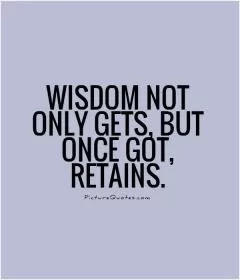
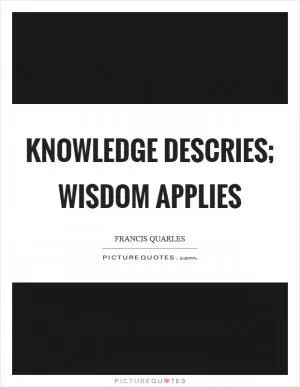
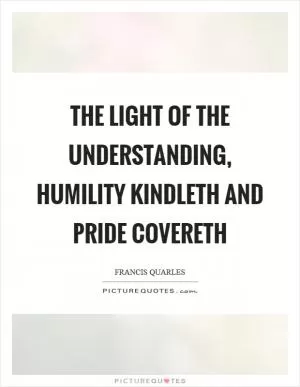
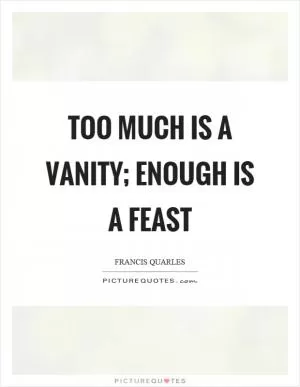
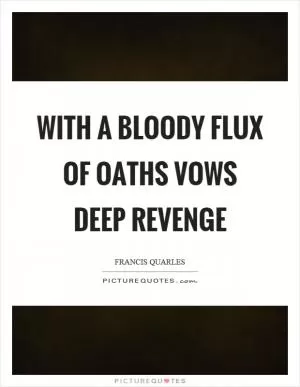
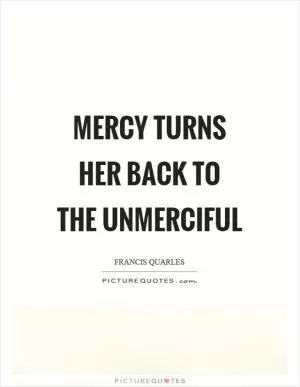




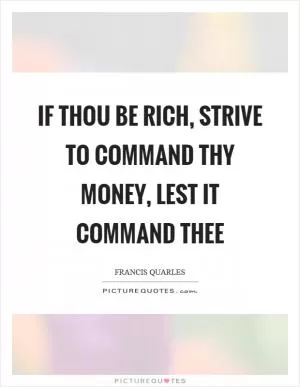
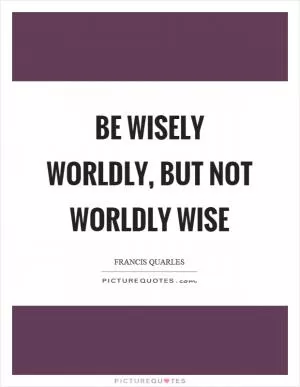
 Friendship Quotes
Friendship Quotes Love Quotes
Love Quotes Life Quotes
Life Quotes Funny Quotes
Funny Quotes Motivational Quotes
Motivational Quotes Inspirational Quotes
Inspirational Quotes